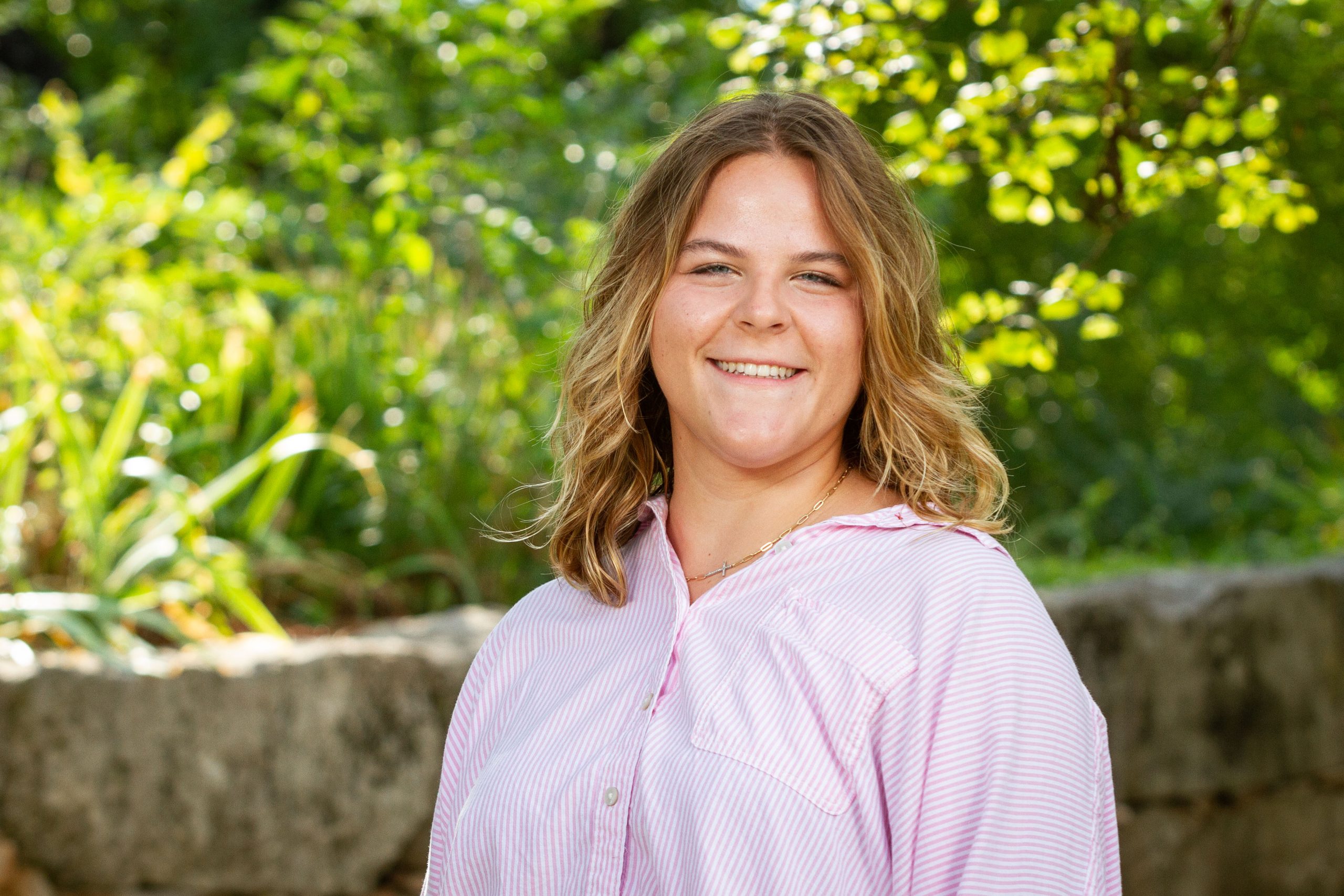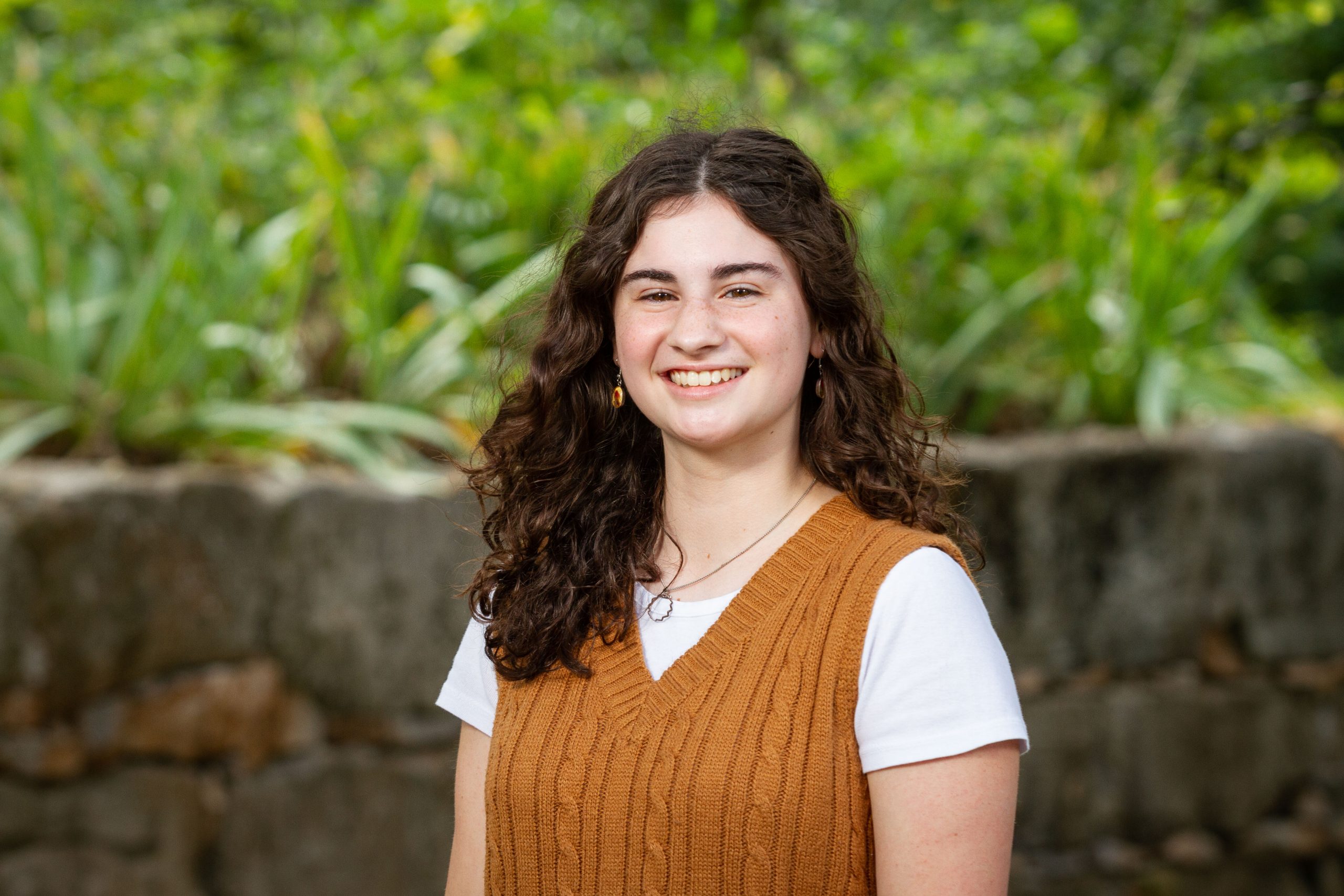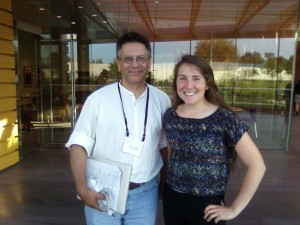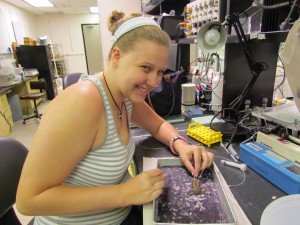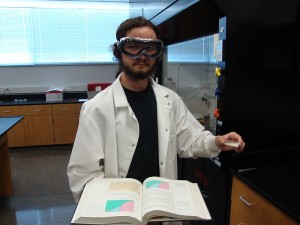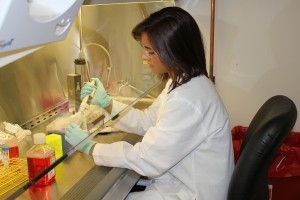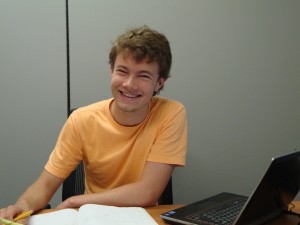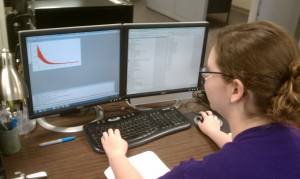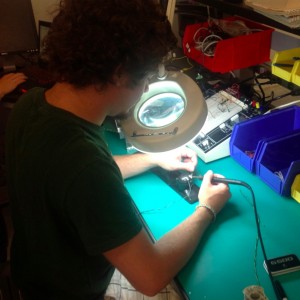Senior Reflection: Jenna Willett
June 15, 2015 | Alumni, Graduation, People, Students, Summer | No Comments
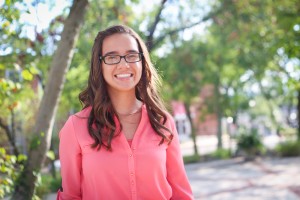 Gatton Academy: A home away from home. It even has a mom-away-from-mom, Beth Hawke! Never in my wildest dreams had I ever thought that I would find a community that challenged me frequently, yet felt like a place of belonging.
Gatton Academy: A home away from home. It even has a mom-away-from-mom, Beth Hawke! Never in my wildest dreams had I ever thought that I would find a community that challenged me frequently, yet felt like a place of belonging.
The first semester of my junior year was really imposing. What with difficult curriculum and adjusting to living away from home, it was no wonder that I felt homesickness a couple of months in. However, I made it through that first semester—with plentiful help from family, fellow students, and staff—and such an accomplishment bolstered my determination and love for Gatton.
After that first, arduous, never-ending semester, every other semester seemed to pass in the blink of the eye. There was still hard work to be done, but it was easier after learning how to deal with things. Usually help came in the form of communication with my peers and family. Sometimes it came from a tutor. Whatever the case, I learned that asking others for help was not shameful. On the contrary, it was very beneficial! I do not think I ever would have known the beauty of questions if not for attending Gatton.
The best thing about Gatton for me, over all the wonderful opportunities it provides, was the community. As I said before, I never was challenged as much in my life while still feeling an utter sense of belonging. Whether discussing new science phenomena or beloved book series, getting help on a math problem or a relationship issue, there was always the feeling that I was with “my people.” I will miss the friends made at Gatton more than anything, but I cannot help but be entirely grateful for those friendships. Gatton has helped me beyond belief.
